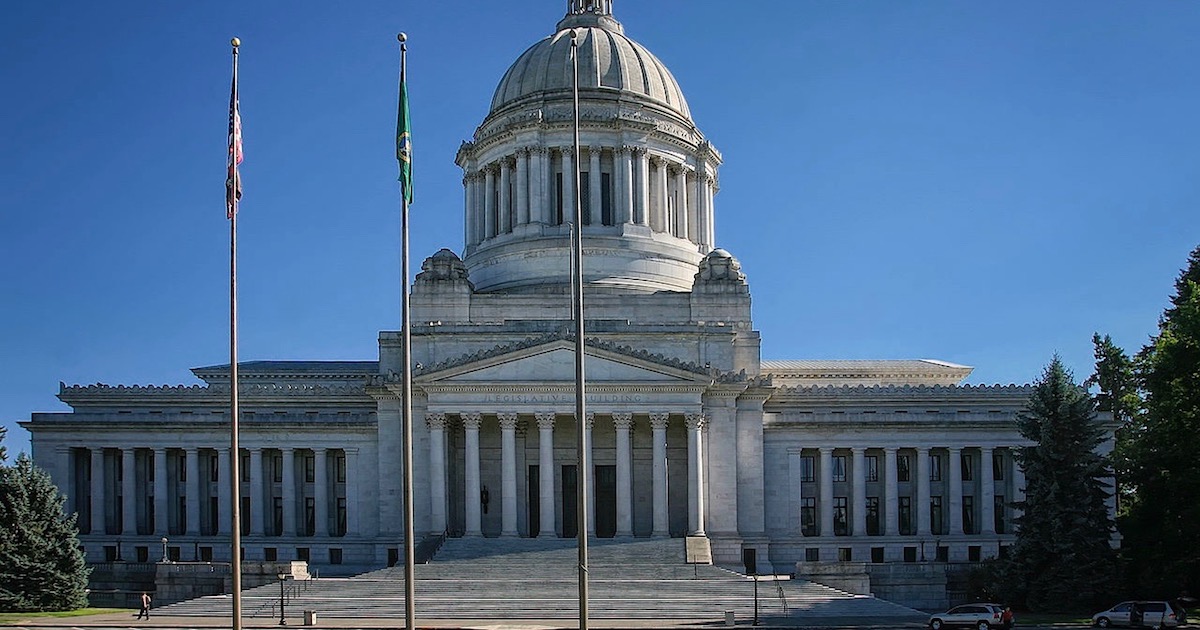 Medicine
Medicine
In Washington State, Assisted Suicide “Protections” Become “Barriers”


Razzle-dazzle them. That’s what good carney pitchmen do to sell their wares.
So do assisted-suicide advocates. When pitching legalization, they solemnly promise that they have written, Oh, so “protective guidelines” into the legislation to prevent abuse.
Then, once the law is safely in place, advocates grouse that the guidelines they touted are “obstacles” or “barriers” that unjustly prevent suffering people from accessing assisted suicide. Eventually, political agitation begins to amend the law to make things, shall we say, more flexible.
A Slippery Slope
We see this slippery slope process in action in Washington. Assisted suicide has been legal there for several years, and now a bill has been filed to require a university study into alleged “barriers facing Washington’s residents to the Death with Dignity Act,” and to have that study recommend changes in the law to break down such barriers. From HB 2419 (my emphasis):
The University of Washington shall conduct a study of the ability of Washington residents to make use of the rights established under this chapter. The study shall review the extent to which there are barriers to achieving full access to the Washington death with dignity act, including:
- a lack of awareness of the Act;
- the 15-day waiting period;
- concerns that inhibit participation of health care providers;
- hospital, medical, hospice, and long-term care providers’ policies that restrict the participation and distribution of information about the Act;
- geographic access to pharmacies that dispense medications related to the Act;
- restrictions based on the self-administration requirement;
- lack of insurance coverage for the services and medications necessary to participate in the Act;
- the need for improvements to the data collection system;
- and any other barriers identified in the course of performing the study.
The emphasized items, now called “barriers,” were lauded as protections in the campaign to convince voters to legalize assisted suicide. The 15-day waiting period is supposed to ensure that no one commits suicide based on a transitory desire. (Oregon has already shortened that time in some cases.) Conscience protections to protect doctors from having to participate are now depicted as “concerns that inhibit participation.” Self-administration has been frequently called the most important protection because it prevents patients from being killed by doctors directly through lethal injection or by relatives.
What Does This Bill Tell Us?
Assisted-suicide advocates are, if nothing else, profoundly cynical and disingenuous about maintaining “strict guidelines to protect against abuse” (which aren’t rigorous anyway). Remember that the next time they try to pull the old razzle-dazzle in a state where you live.
Photo: Washington State Capitol, Olympia, by Cacophony [CC BY-SA].
Cross-posted at The Corner.
